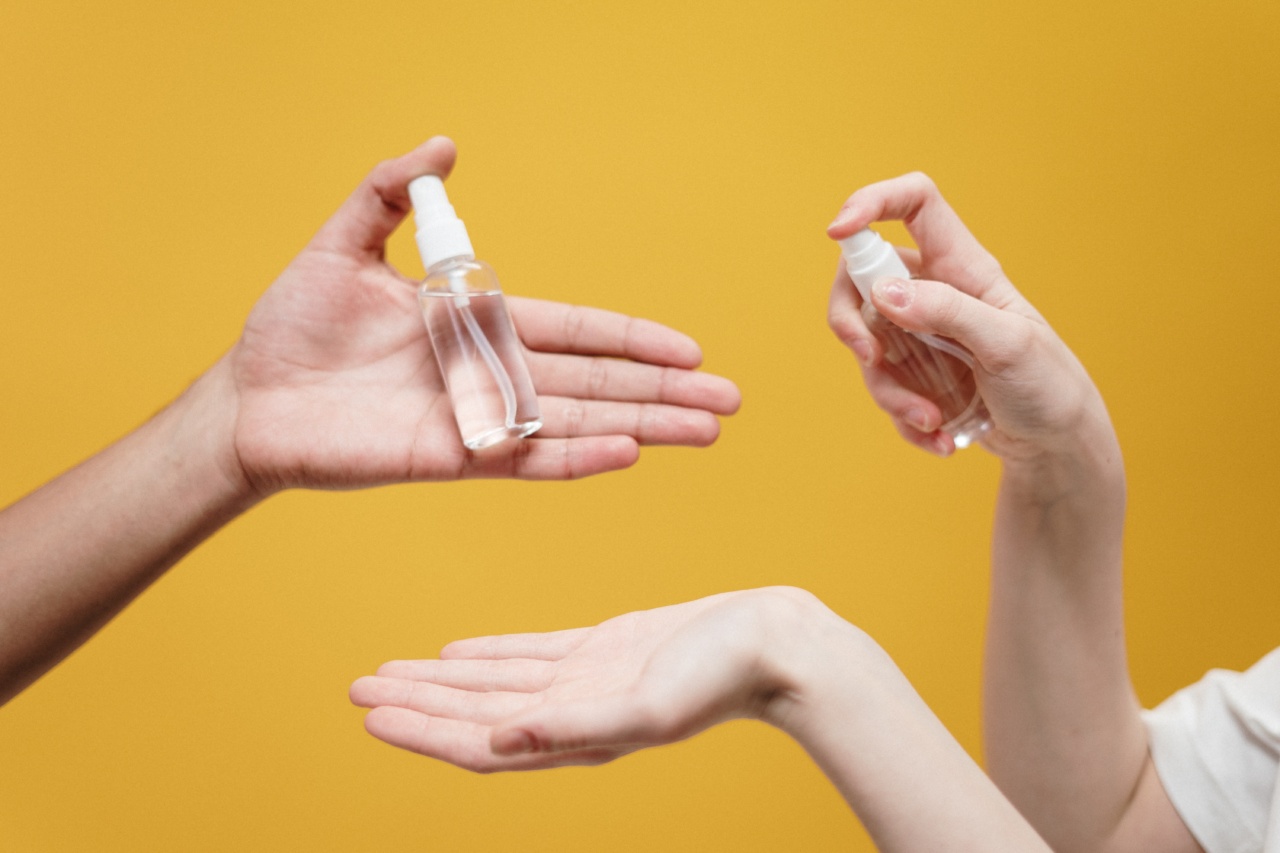Alcohol consumption is a widespread practice across the globe. From social gatherings to celebrations, it often plays a central role in various aspects of our lives.
However, it is essential to understand the potential risks associated with excessive alcohol intake and the importance of safe consumption.
The Definition of Safe Alcohol Consumption
Safe alcohol consumption refers to the practice of consuming alcoholic beverages in moderation, within limits that do not pose significant health risks.
The definition of moderation may vary by country, but generally, it means limiting the amount of alcohol consumed to reduce the potential harm to both immediate and long-term health.
Recent Guidelines for Safe Alcohol Consumption
In recent years, various health organizations and agencies have provided guidelines regarding safe alcohol consumption. These guidelines aim to promote public health and raise awareness of the potential risks associated with excessive drinking.
Here are some key recommendations from recent studies and experts:.
1. Moderate Drinking Limits
Most guidelines define moderate drinking as consuming up to one drink per day for women and up to two drinks per day for men.
However, it is important to note that these limits are not standalone recommendations but represent generally lower-risk levels of consumption.
2. No Drinking for Specific Populations
Certain groups of individuals are advised to avoid alcohol completely.
These include pregnant women, individuals under the legal drinking age, individuals with a history of alcohol addiction, individuals with certain medical conditions, and individuals taking certain medications that interact with alcohol.
3. Be Mindful of Factors Influencing Alcohol’s Effects
The effects of alcohol can be influenced by several factors, such as body weight, age, metabolism, and overall health. It is important for individuals to be aware of these factors and adjust their alcohol consumption accordingly.
4. Alternate Alcohol with Non-Alcoholic Beverages
To promote responsible consumption, it is recommended to alternate alcoholic beverages with non-alcoholic options, such as water, juice, or mocktails. This helps to pace the consumption and reduce the overall amount of alcohol consumed.
5. Avoid Binge Drinking
Binge drinking, which involves consuming a large quantity of alcohol in a short period, significantly increases the risk of alcohol-related harm. It is crucial to avoid binge drinking and pace the consumption over time.
6. Recognize the Signs of Alcohol Dependency
Regularly consuming alcohol in excessive amounts can lead to dependence and addiction.
It is important to recognize the signs of alcohol dependency, such as an increased tolerance, inability to control intake, and withdrawal symptoms, and seek professional help if needed.
7. Stay Informed about Local Laws and Regulations
Alcohol laws and regulations may vary across countries and regions. It is essential to stay informed about the legal drinking age, alcohol purchasing and consumption regulations, and any specific guidelines relevant to your location.
8. Encourage Open Conversations and Support
Creating an open dialogue about alcohol consumption and its potential risks is crucial for promoting safe habits.
Encouraging support and understanding for individuals struggling with alcohol-related issues can make an impactful difference in their lives.
9. Understand Individual Limitations and Vulnerabilities
Each individual has different tolerances and vulnerabilities to alcohol. Some people may be more susceptible to its effects due to genetic factors, overall health conditions, or medications.
It is important to understand and respect one’s own limitations to ensure safe consumption.
10. Consider Seeking Professional Advice
If you have concerns about your alcohol consumption or need guidance on safe drinking practices, it is advisable to consult a healthcare professional or addiction specialist.
They can provide personalized advice and support to address your specific needs.
Conclusion
Understanding safe alcohol consumption is essential for promoting overall well-being and minimizing potential health risks.
By following recent guidelines and being mindful of individual limitations, it is possible to enjoy alcohol in moderation while prioritizing personal health and safety.





























